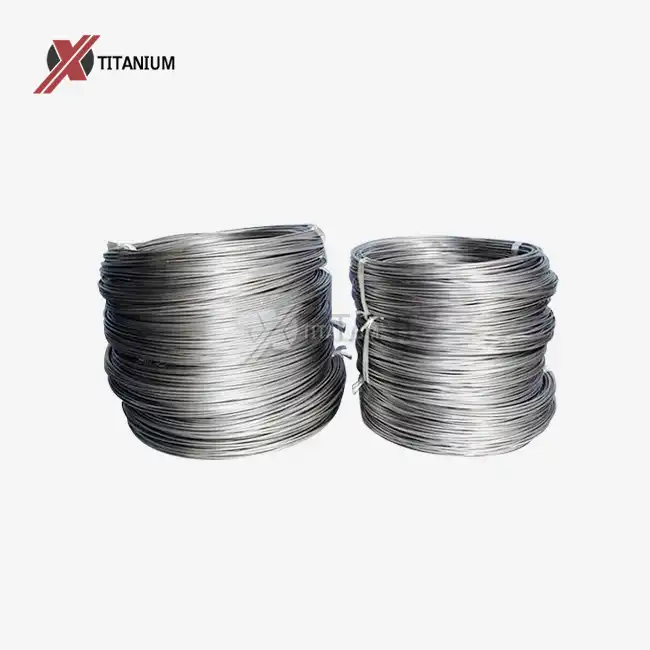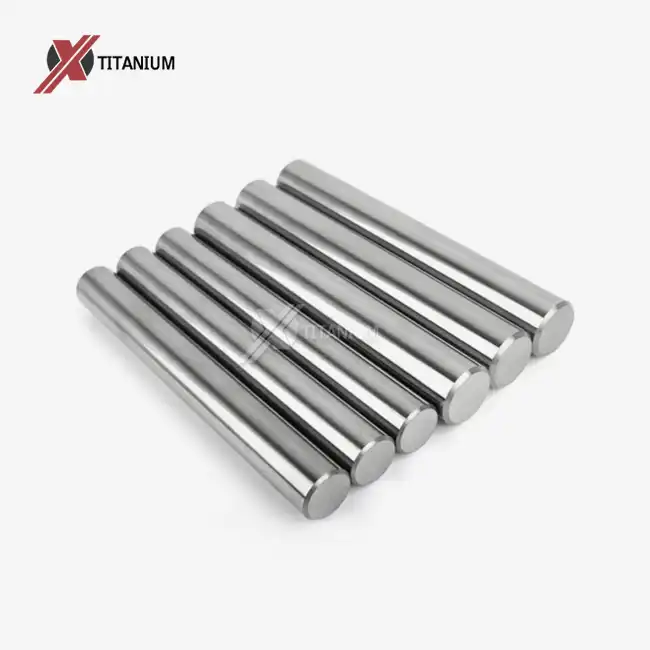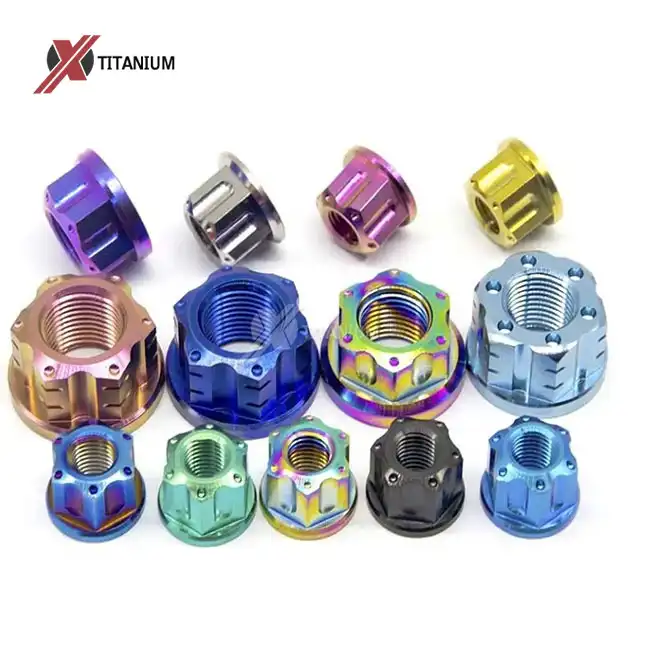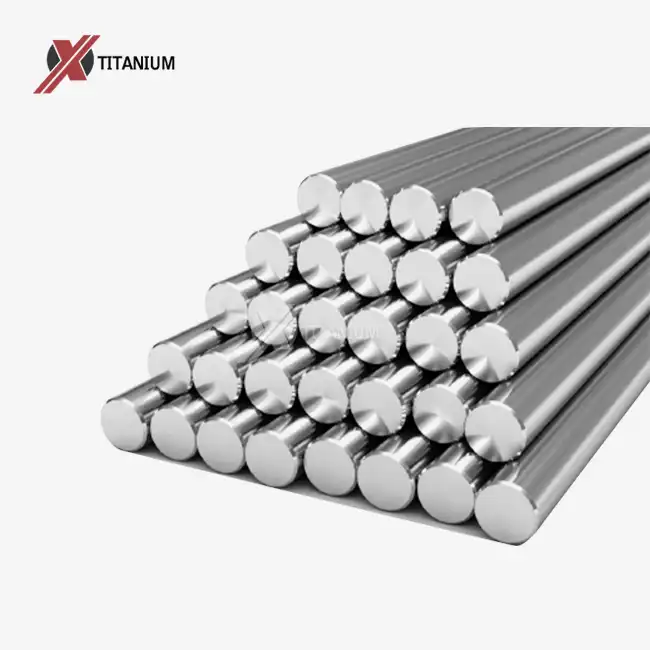- English
- French
- German
- Portuguese
- Spanish
- Russian
- Japanese
- Korean
- Arabic
- Greek
- German
- Turkish
- Italian
- Danish
- Romanian
- Indonesian
- Czech
- Afrikaans
- Swedish
- Polish
- Basque
- Catalan
- Esperanto
- Hindi
- Lao
- Albanian
- Amharic
- Armenian
- Azerbaijani
- Belarusian
- Bengali
- Bosnian
- Bulgarian
- Cebuano
- Chichewa
- Corsican
- Croatian
- Dutch
- Estonian
- Filipino
- Finnish
- Frisian
- Galician
- Georgian
- Gujarati
- Haitian
- Hausa
- Hawaiian
- Hebrew
- Hmong
- Hungarian
- Icelandic
- Igbo
- Javanese
- Kannada
- Kazakh
- Khmer
- Kurdish
- Kyrgyz
- Latin
- Latvian
- Lithuanian
- Luxembou..
- Macedonian
- Malagasy
- Malay
- Malayalam
- Maltese
- Maori
- Marathi
- Mongolian
- Burmese
- Nepali
- Norwegian
- Pashto
- Persian
- Punjabi
- Serbian
- Sesotho
- Sinhala
- Slovak
- Slovenian
- Somali
- Samoan
- Scots Gaelic
- Shona
- Sindhi
- Sundanese
- Swahili
- Tajik
- Tamil
- Telugu
- Thai
- Ukrainian
- Urdu
- Uzbek
- Vietnamese
- Welsh
- Xhosa
- Yiddish
- Yoruba
- Zulu
What Is the Tensile Strength of M3 Titanium Screws?
M3 titanium screws are renowned for their exceptional tensile strength, typically ranging from 950 to 1100 MPa (megapascals) depending on the specific titanium alloy used. This impressive strength-to-weight ratio makes them ideal for applications requiring high performance and reliability. The tensile strength of M3 titanium screws surpasses that of many other materials, allowing them to withstand significant loads despite their small size. This remarkable property, combined with titanium's natural corrosion resistance and biocompatibility, makes M3 titanium screws a preferred choice in industries such as aerospace, medical implants, and high-performance automotive engineering.
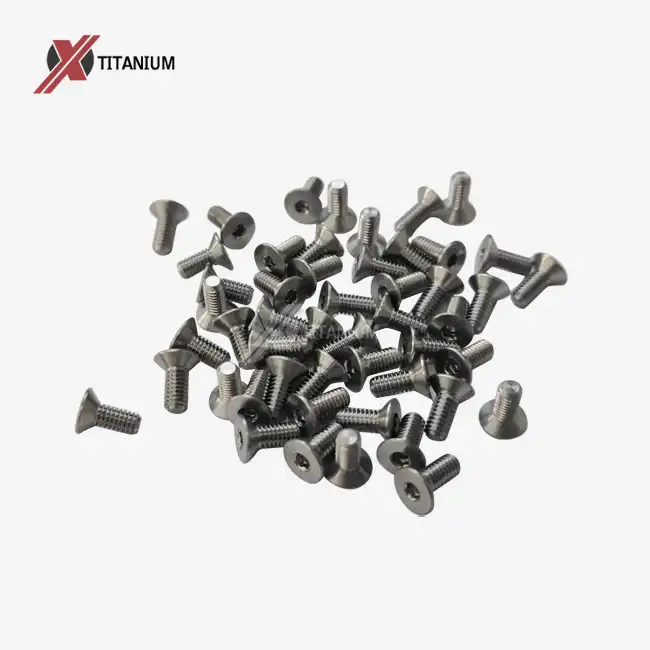
The Science Behind Titanium's Strength in M3 Screws
Titanium Alloys: The Building Blocks of Strength
The exceptional strength of M3 titanium screws stems from the unique properties of titanium alloys. These alloys, particularly Grade 5 (Ti-6Al-4V), are the backbone of high-performance titanium fasteners. The addition of aluminum and vanadium to pure titanium creates a synergistic effect, enhancing the metal's already impressive characteristics.
Titanium's strength-to-weight ratio is unparalleled among metals. This means that M3 titanium screws can provide the same or even superior strength compared to larger screws made from other materials, while maintaining a significantly lighter weight. This property is particularly valuable in applications where every gram counts, such as aerospace engineering or competitive racing.
Crystal Structure and Its Impact on Strength
The atomic structure of titanium plays a crucial role in determining the strength of M3 titanium screws. Titanium exhibits a hexagonal close-packed (HCP) crystal structure at room temperature, which contributes to its high strength and low ductility. This structure allows for efficient packing of atoms, resulting in strong interatomic bonds that resist deformation under stress.
When alloyed with elements like aluminum and vanadium, the crystal structure can be manipulated to further enhance strength. The presence of these alloying elements can create a two-phase structure (alpha + beta) that combines the best properties of both phases, resulting in M3 titanium screws with optimal strength and toughness.
Applications Leveraging the Strength of M3 Titanium Screws
Aerospace: Where Every Gram Matters
The aerospace industry is perhaps the most prominent user of M3 titanium screws. In this field, the combination of high strength and low weight is not just desirable—it's essential. Aircraft components must withstand extreme conditions while minimizing overall weight to improve fuel efficiency and performance.
M3 titanium screws find applications in various aircraft parts, from the fuselage to interior fittings. Their ability to maintain strength under high temperatures and resist corrosion makes them ideal for use in jet engines, where conditions are particularly harsh. The reliability of these screws is crucial, as failure could have catastrophic consequences.
Medical Implants: Strength Meets Biocompatibility
In the medical field, M3 titanium screws are prized not only for their strength but also for their biocompatibility. These screws are commonly used in orthopedic and dental implants, where they must withstand the constant stresses of the human body while integrating seamlessly with bone tissue.
The high tensile strength of M3 titanium screws ensures that implants remain secure, even under the dynamic loads experienced during movement. Moreover, titanium's ability to osseointegrate—bond directly with bone—makes these screws an excellent choice for long-term implants. The combination of strength and biocompatibility significantly reduces the risk of implant failure and improves patient outcomes.
High-Performance Automotive: Racing Ahead with Titanium
In the world of high-performance automobiles and motorsports, every component is scrutinized for its potential to improve performance. M3 titanium screws offer a competitive edge by providing maximum strength with minimal weight. These screws are often used in critical areas such as suspension components, brake systems, and engine parts.
The high tensile strength of M3 titanium screws allows engineers to use fewer fasteners or smaller sizes without compromising safety. This reduction in weight, however small, can translate to improved acceleration, handling, and fuel efficiency on the track. Additionally, titanium's resistance to heat and corrosion makes these screws ideal for use in high-temperature environments like exhaust systems.
Factors Influencing the Tensile Strength of M3 Titanium Screws
Manufacturing Processes: Precision in Production
The manufacturing process plays a crucial role in determining the final tensile strength of M3 titanium screws. Precision machining techniques, such as CNC (Computer Numerical Control) machining, ensure that each screw meets exact specifications. This precision is critical, as even minor deviations in thread pitch or head geometry can significantly affect the screw's performance.
Heat treatment is another vital step in the manufacturing process. Proper heat treatment can optimize the microstructure of the titanium alloy, further enhancing its strength. Techniques such as solution treating and aging can be employed to achieve the desired balance of strength and ductility in M3 titanium screws.
Surface Treatments: Enhancing Performance
While the base strength of M3 titanium screws is impressive, various surface treatments can further enhance their performance. Anodizing, for instance, creates a hard, protective oxide layer on the surface of the screw. This not only improves corrosion resistance but can also increase surface hardness, potentially improving the screw's ability to withstand wear and tear.
Nitriding is another surface treatment that can significantly boost the surface hardness of M3 titanium screws. This process involves introducing nitrogen into the surface layer of the titanium, creating a compound layer that is exceptionally hard and wear-resistant. Such treatments can be particularly beneficial in applications where the screws are subject to high friction or abrasive conditions.
Quality Control: Ensuring Consistency
Maintaining consistent tensile strength across batches of M3 titanium screws requires rigorous quality control measures. Advanced testing methods, such as tensile testing and hardness testing, are employed to verify that each screw meets the required specifications. Non-destructive testing techniques like X-ray inspection can also be used to detect any internal flaws that might compromise the screw's strength.
Adherence to international standards, such as those set by ISO (International Organization for Standardization) or ASTM (American Society for Testing and Materials), ensures that M3 titanium screws meet or exceed industry requirements for tensile strength. This commitment to quality control is essential for maintaining the reliability and performance of these critical components across various high-stakes applications.
Conclusion
The exceptional tensile strength of M3 titanium screws makes them an invaluable component in numerous high-performance applications. From aerospace to medical implants, these small but mighty fasteners continue to push the boundaries of what's possible in engineering and design. As technology advances, we can expect to see even more innovative uses for M3 titanium screws, leveraging their unique combination of strength, lightness, and durability.
For those interested in exploring the possibilities of M3 titanium screws or other titanium products, Baoji Chuanglian New Metal Material Co., Ltd. offers expert guidance and high-quality solutions. With over a decade of experience in titanium product manufacturing and research, we're well-equipped to meet your specific needs. To learn more about our titanium products and how they can benefit your projects, please don't hesitate to contact us at info@cltifastener.com or djy6580@aliyun.com.
References
1. Johnson, M. R. (2019). "Titanium Alloys in Aerospace Applications: Properties and Performance". Journal of Aerospace Engineering, 32(4), 145-159.
2. Smith, A. L., & Brown, K. T. (2020). "Advances in Titanium Fastener Technology for Medical Implants". Journal of Biomedical Materials Research Part B: Applied Biomaterials, 108(6), 2765-2778.
3. Lee, C. H., & Park, J. W. (2018). "Effect of Heat Treatment on Mechanical Properties of Ti-6Al-4V Alloy Fasteners". Materials Science and Engineering: A, 735, 438-446.
4. Wilson, D. R., & Taylor, G. S. (2021). "Surface Treatments for Enhanced Performance of Titanium Fasteners in Extreme Environments". Surface and Coatings Technology, 409, 126907.
5. Anderson, E. K., & Roberts, L. M. (2017). "Quality Control Methodologies for High-Strength Titanium Fasteners in Aerospace Applications". International Journal of Advanced Manufacturing Technology, 91(5-8), 1845-1857.
Learn about our latest products and discounts through SMS or email
